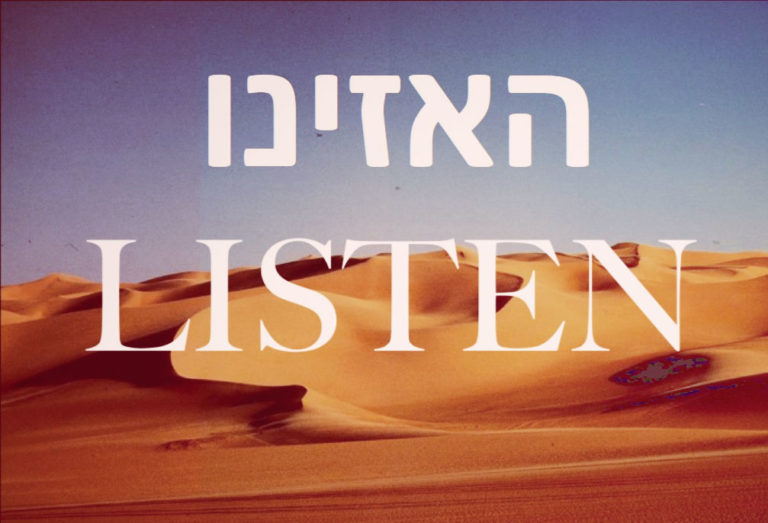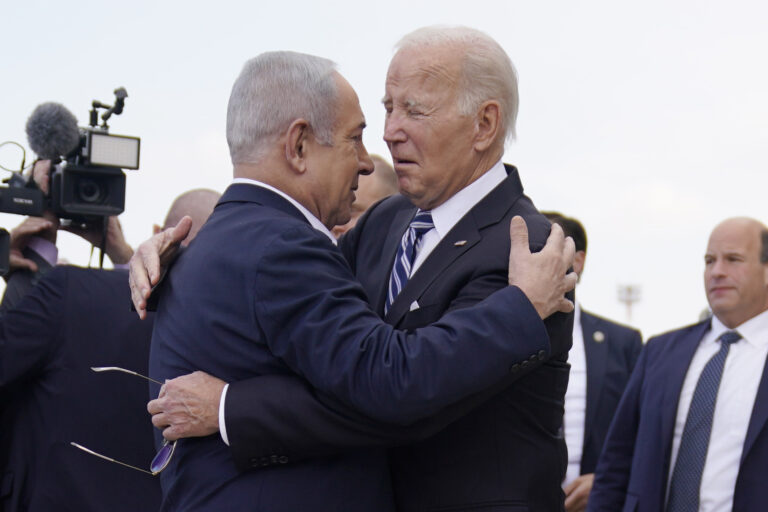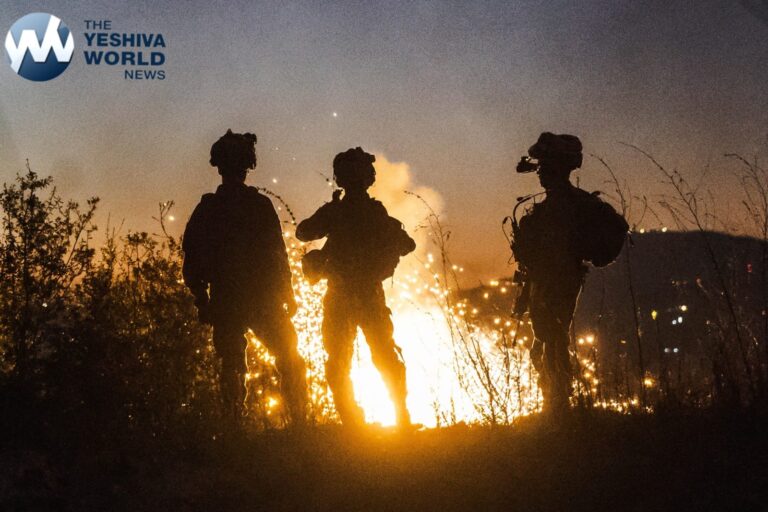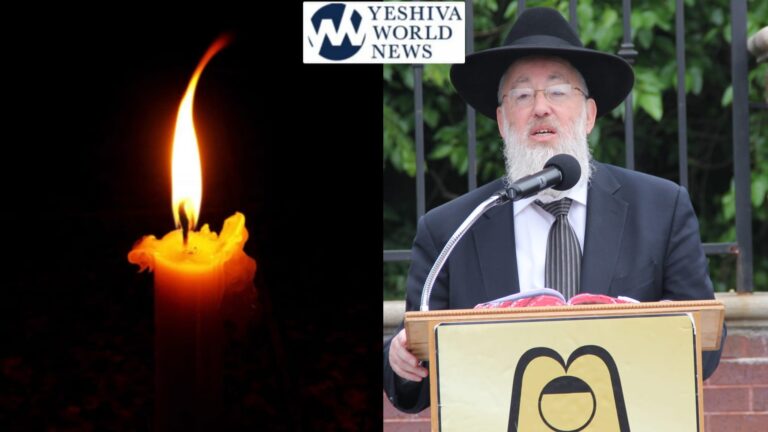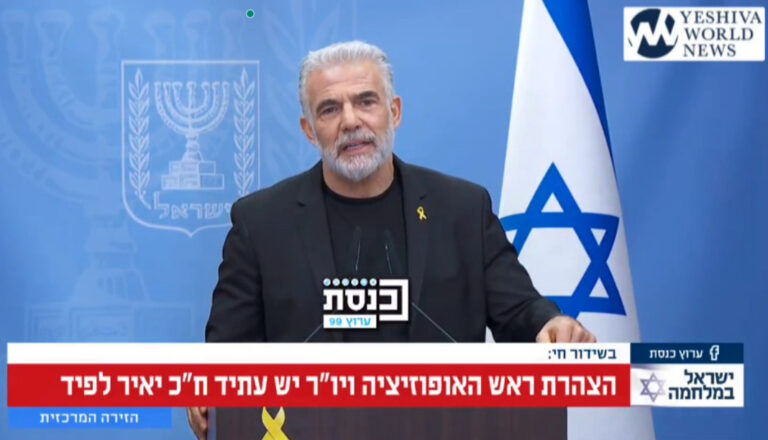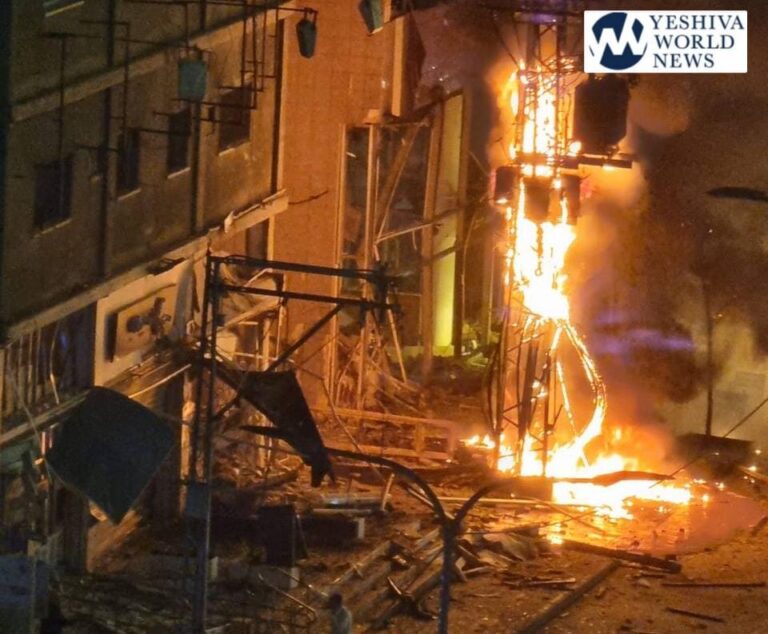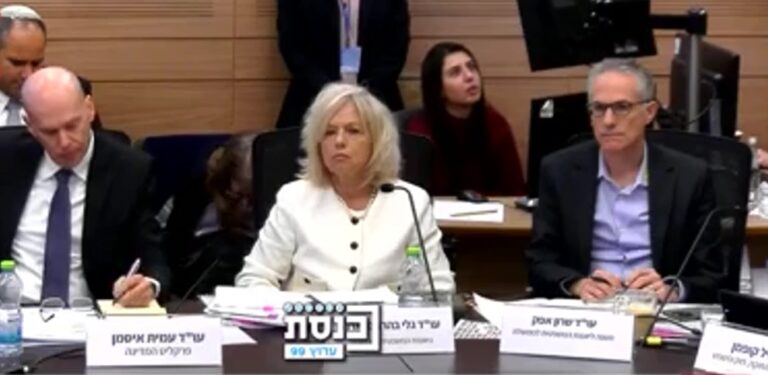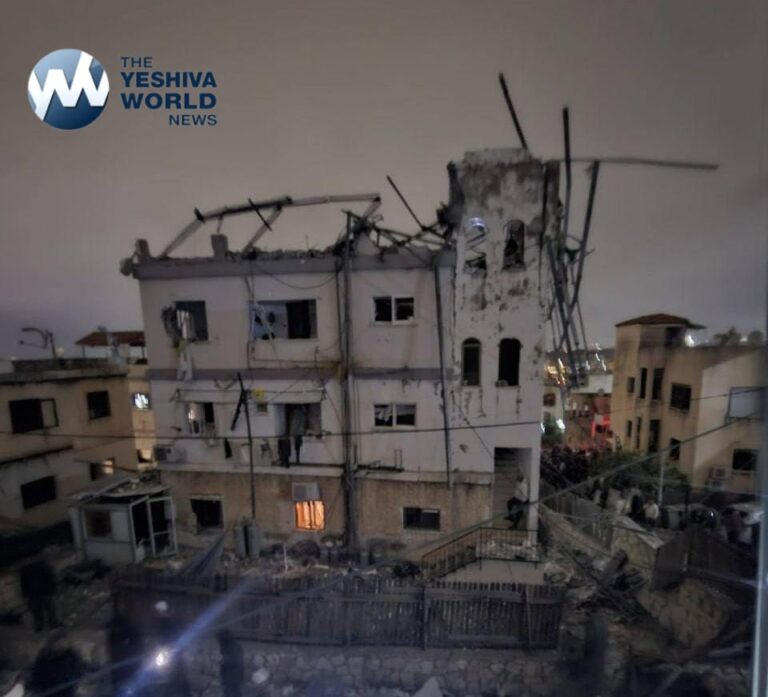by Rabbi Yair Hoffman for 5TJT.com
This Sidra has 3 sections.
- Moshe’s Shira – Moshe Rabbeinu begins the shira by addressing the Heavens and earth – the Heavens will hear him speak and the earth will hear his imrei pi – that which his mouth recites.
- The different words employed must be examined. What is the difference between dibur and amira? The Kli Yakar explains that dibur is a harsher form of speech than amira. The implication of the Kli Yakar is that the words Heaven and earth here are used as metaphors for people. People who are greater or on a higher spiritual plain will receive stronger criticism than those on a lower level. We see from here how very careful we must be when we teach or speak to people- we should not treat all and one like a cookie cutter. Each one should be spoken to in his or her own way after careful consideration.
- Presenting the Shira
- During the presentation of the Shira the pasuk calls Yehushua with his previous name “Hoshea.” Why the change? Rashi cites the Sifrei that even though he was given greatness he purposefully conducted himself in a humble manner and took no credit for himself. We see from here two important fundamental principles: Firstly, the idea that even great people such as Yehoshua have the temptation of letting power get to their heads to the point that it is pointed out as a merit to Yehoshua that he did not feel that way. The second point is that we see from Yehoshua that we have to take active steps to humble ourselves to ensure that we not become excessively haughty.
- Moshe is told that he will pass away.
- The very last verse in the Sidrah states, “For you shall see the land from afar; but there you will not go to the land which I give the children of Israel.” The language of the verse is somewhat awkward. Why does it say “there?” It could have just said “but you will not go to the land..” The Ohr HaChaim explains that it is this time that Moshe will not go to the land, but in the future, when the Bnei Yisroel come back after the golus – Moshe will lead them back to Eretz Yisroel. This is also borne out in the Zohar. We see from here the importance of reassuring someone before he passes away or moves on. Hashem did it for Moshe Rabbeinu. We too should remind anyone who moves on to another phase of the legacy that they leave.
The author can be reached at [email protected]

